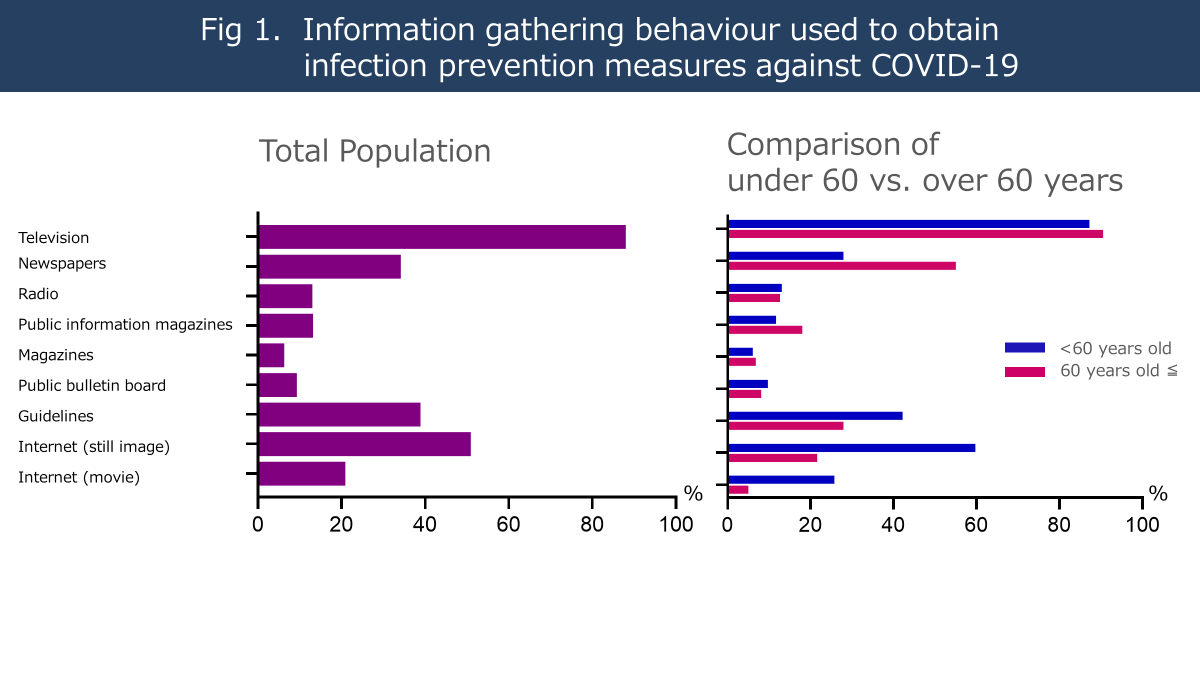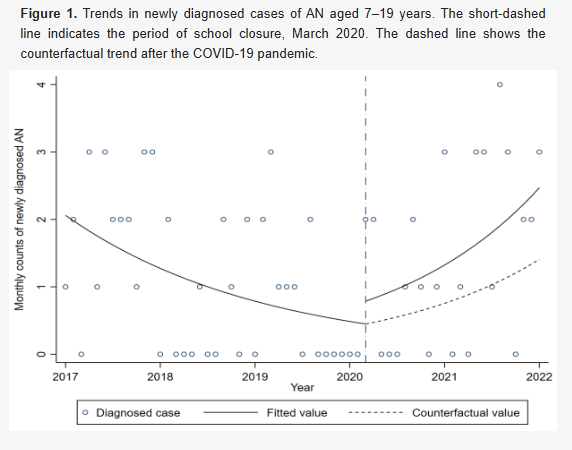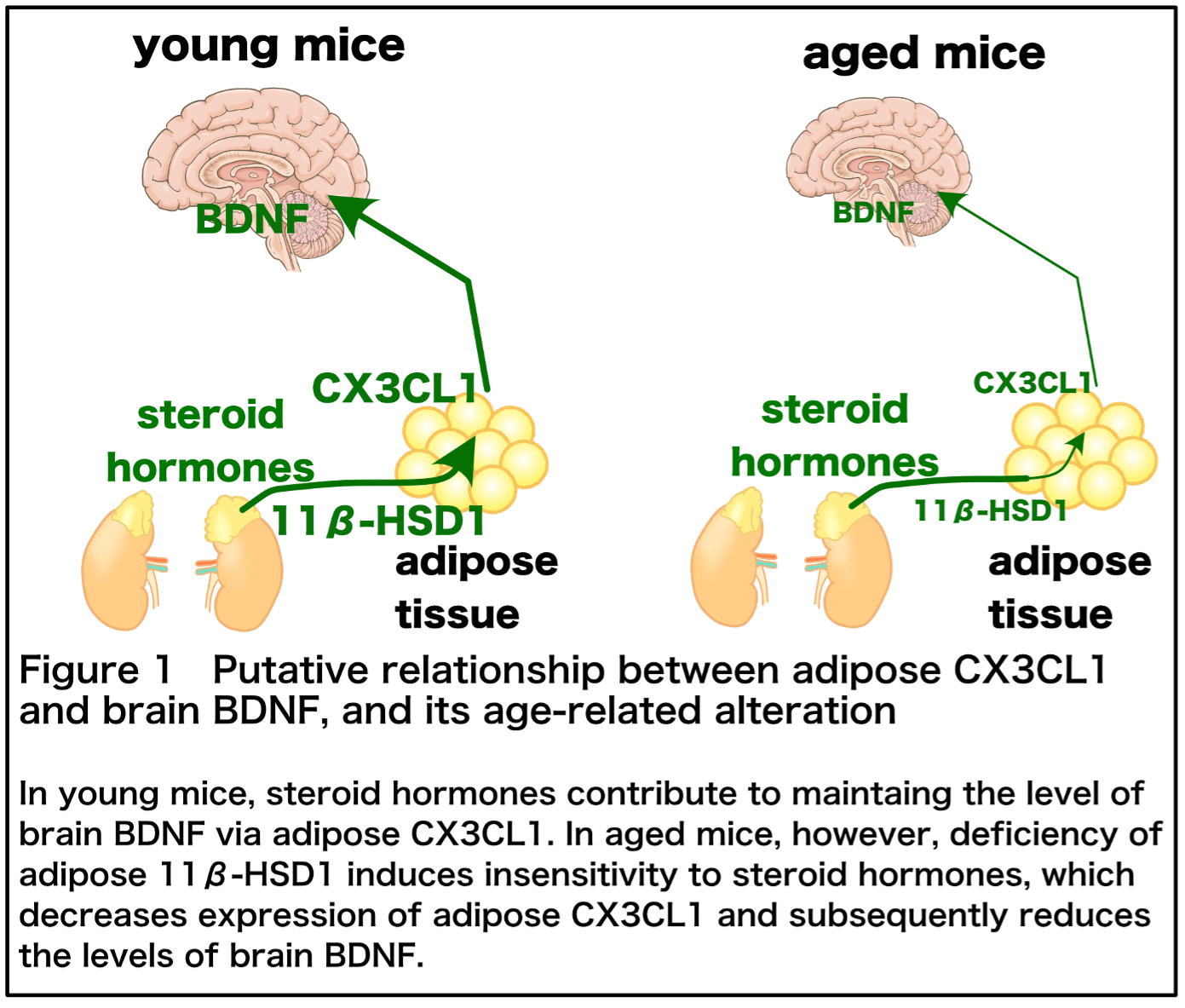January 31, 2023
Is the information on infection prevention measures against COVID-19 reaching the target audience?
Issues identified from a cross-sectional study involving eating and drinking services at Ota


Key points:
- Information on infection prevention measures against COVID-19 pandemic disseminated by various media may not be sufficiently reaching the target audience seeking to obtain information.
- Television was the most common source of information among eating and drinking services at Ota, with the rate of use exceeding that of guidelines (Fig. 1). Issues such as the information received being less specific and time-consuming to retrieve were identified. Furthermore, the internet and guidelines tended to be used less by those aged ≥ 60 years compared to those aged < 60 years.
- This study indicates the need for specific expressions and layouts to effectively share information on COVID-19. Also, special means of communication must be established to cater to individuals aged 60 and above, such as blended intervention with a combination of web- and paper-based tools.



Journal:
Public Health in Practice, January 17, 2023 issue
Title:
Is the information on infection prevention measures against COVID-19 reaching the target audience? A cross-sectional survey among eating and drinking services in Tokyo, Japan
Authors:
Ayako Shiozawa*, Shinji Ogihara, Yoshikazu Ishii, Kazuhiro Tateda
DOI NO.
10.1016/j.puhip.2023.100357
Public Health in Practice, January 17, 2023 issue
Title:
Is the information on infection prevention measures against COVID-19 reaching the target audience? A cross-sectional survey among eating and drinking services in Tokyo, Japan
Authors:
Ayako Shiozawa*, Shinji Ogihara, Yoshikazu Ishii, Kazuhiro Tateda
DOI NO.
10.1016/j.puhip.2023.100357
READ MORE RESEARCH NEWS - MEDICINE
ACADEMICS
Undergraduate Programs
– Medicine
– Pharmaceutical Sciences
– Science
– Nursing
– Health Science
Graduate Programs
–Medicine
–Pharmaceutical Sciences
–Science
–Nursing
Undergraduate Programs
– Medicine
– Pharmaceutical Sciences
– Science
– Nursing
– Health Science
Graduate Programs
–Medicine
–Pharmaceutical Sciences
–Science
–Nursing
RESEARCH
– News
– Guidelines & Policies
– Support Offices
– Facilities
– Security Export Control
Non-Degree Programs
– Clinical Elective Program
– International Physician Observership Program




